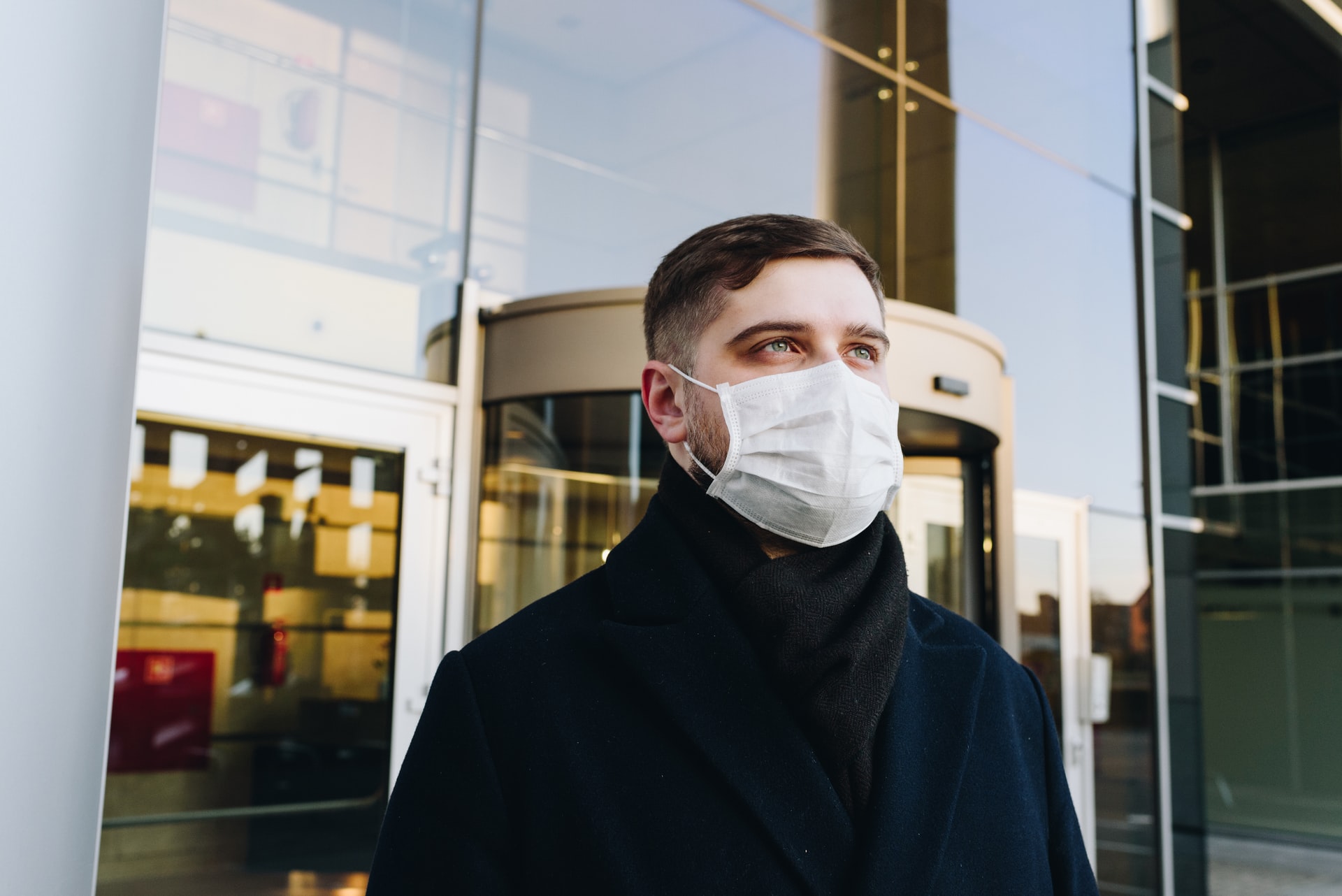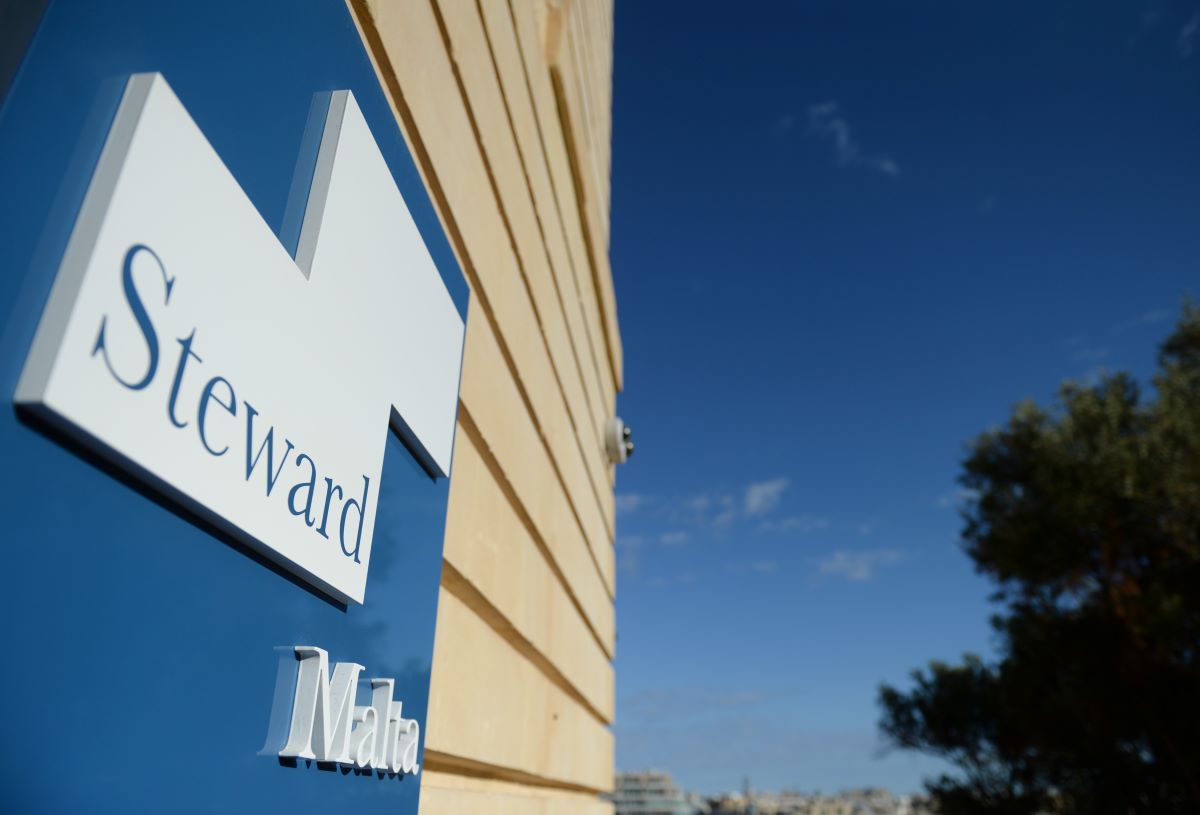The number of COVID-19 cases continues to reach new records across Europe, but nation states’ are adopting very different policies despite similar infection trends.
France seems to be adopting a policy very similar to Malta’s by tying the loosening of certain restrictions to the implementation of others. On the other hand, Austria is on the verge of adopting Europe’s most hardline stance by making vaccination mandatory, with fines of up to €3,600 for those who do not comply.
For its part, the World Health Organisation has said that it is too early to consider any immediate shift to an endemic response. Although the organisation has not defined criteria for declaring COVID-19 an endemic disease, its experts have previously stated that it will happen when the virus is more predictable and there are no sustained outbreaks.
“It’s somewhat a subjective judgment because it’s not just about the number of cases. It’s about severity, and it’s about impact,” said Dr Michael Ryan, the WHO’s emergencies chief.
Here’s a rundown of the latest COVID-19 measures from across Europe.
France
France is following a playbook similar to the one used by the Maltese Government as it relaxes certain COVID-19 restrictions while insisting on the need to get vaccinated.
Notably, the requirements to work from home at least three days a week and wear masks outdoors will be scrapped from 2nd February.
The limit on the number of attendees able to enter sports arenas will also be lifted, with Government spokesperson Gabriel Attal crediting the country’s high vaccination rate for the lifting of restrictions even as it registers record numbers of infections.
However, France will also be introducing new vaccine passport rules that will limit entry to cafes and restaurants to those who received the initial vaccination round as well as the booster shot – a move very similar to Malta’s, which came into effect on 17th January.
Until now, a negative COVID test was sufficient for people in France to enter cafes, restaurants and other hospitality businesses.
Measures introduced recently to halt COVID-19 will remain in effect for the time being. These include mandatory mask-wearing for children as young as six and a ban on drinking while standing up in cafes and bars.
United Kingdom
From Thursday 27th February, COVID passes – similar to those introduced in Malta and France – will no longer be required to gain entry to venues and events, and mask wearing will not be mandatory except on certain public services, like London’s public transport.
Meanwhile, from this week, the UK Government is no longer asking people to work from home.
Austria
On Thursday, Austria’s parliament voted to approve mandatory vaccination from next month, making it the first country in Europe to make the step.
Austria joins Ecuador, Tajikistan, Turkmenistan, Indonesia and Micronesia as among the only countries in the world to have passed vaccine mandates.
The proposal has been on the table since November, as the Austrian Government grapples with a high amount of cases and low vaccination rates when compared to other European nations.
The mandate applies to everyone aged 14 and above – a marked divergence from the initial proposal that had a cut-off age of 18.
Pregnant women and those with a medical exemption will not be subjected to the measure.
The bill is not law yet. It must first pass through the upper house of the Austrian parliament and then be signed off by President Alexander Van der Bellen.
Tens of thousands of protesters have taken to the streets against the proposals.
Austria also saw a record number of daily cases this week, with more than 27,600 reported on Tuesday.
The Netherlands
A strict lockdown imposed on 19th December 2021 has done little to stem the spread of COVID-19 in the Netherlands, with a record 42,000 daily cases registered this week.
All nonessential stores, bars, restaurants, cinemas, theatres and museums have been shut for over a month.
Last Friday, Dutch Prime Minister Mark Rutte announced the reopening of nonessential stores, hairdressers, beauty salons and gyms, noting that “we are taking a big step and that also means we’re taking a big risk.”
However, Mr Rutte warned that uncertainties around the Omicron variant meant that bars, restaurants and cultural venues would have to remain closed until at least 25th January.
Germany
Germany has seen its record number of daily COVID-19 infections smashed day after day, with 133,536 cases registered on Thursday.
Over the last few days, Germany has implemented tighter COVID-19 measures by limiting access to bars and restaurants to those who have received their booster shots or people who are tested, along with already being fully vaccinated or recovered.
Malta enjoys second lowest electricity prices in the EU
The cost of 100 kWh of electricity ranges from €38.4 in Germany to a low of €6.2 in Turkey
RedCore invests in promising projects: find out more at SIGMA Rome
The international business group RedCore invites SIGMA Rome participants to meet their investment team at its conference stand
Malta’s olive oil cooperative predicts good harvest, but future remains bleak
Malta's olive oil farmers face a number of financial and environmental hurdles






